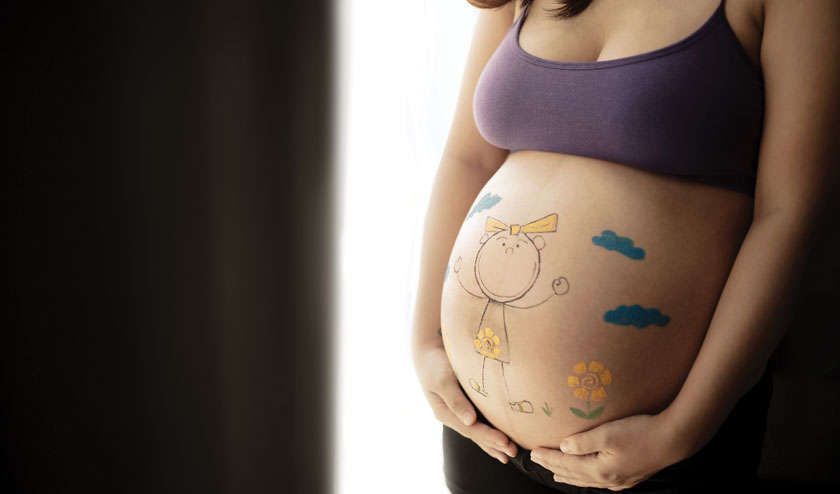A smooth and easy first pregnancy does not always guarantee the second one will be a similar experience. In fact, some women are unable to get pregnant or carry a pregnancy to term after already giving birth to one or more children.
It is a common condition called secondary infertility that affects 1 in 8 couples, according to Assoc. Prof. Dr. Mukhri Hamdan, Assoc. Professor and Consultant of Obstetrics & Gynaecology, Subspecialist in Infertility and Reproductive Medicine & Surgery at University Malaya Specialist Centre.
“Secondary subfertility happens when a heterosexual couple has difficulties conceiving following a prior successful spontaneous pregnancy,” explains Assoc. Prof. Dr. Mukhri Hamdan. “It is just as common as primary infertility for couples who have never been pregnant before.”
For couples who have been trying to conceive for more than 3 years without success, the likelihood of getting pregnant naturally within the next year is 1 in 4 or less.
Source: www.nhs.uk/Conditions/Infertility
For many couples, secondary infertility often comes as a shock. Meera, mother to a pair of twins who have just turned five has been trying to get pregnant for the past year but to no avail. “My husband and I were so excited at the prospect of having another child,” she shares, “But we have been struggling to get pregnant and we have no idea why. Our twins just came along so naturally.”
In cases like these, Assoc. Prof. Dr. Mukhri Hamdan advises couples to talk to their doctor or a fertility specialist to find the root of the matter. “We need to investigate the cause of the problem and further explore what happened in the previous pregnancy. For example, complications from antenatal and delivery such as post-partum haemorrhage,” he says.
Pregnancy complications aside, there are also other factors ranging from reproductive health to age and lifestyle that contribute to secondary infertility. “The cause of secondary subfertility is similar to those with primary subfertility which can affect both men and women,” elaborates Assoc. Prof. Dr. Mukhri Hamdan. “For females, the presence of newly emerging reproductive organ diseases such as endometriosis, pelvic infection, pelvic adhesions, tubal pathology, adenomyosis, age-related ovarian ageing, anovulatory cycle and many others may cause this condition. As for men, it can be due to poor sperm quality caused by varicocele, prostatitis as well as lifestyle factors such as smoking, vaping, excessive alcohol intake, being sedentary and weight changes.”
Fertility specialists would usually recommend couples to do different tests to pinpoint the cause.

Treatments for secondary infertility are also similar to those prescribed for primary infertility.
“The treatment will be based on the cause of infertility. It can start with administering ovulation induction with clomiphene citrate or using hormonal stimulation with or without intrauterine insemination and in-vitro fertilisation,” Assoc. Prof. Dr. Mukhri Hamdan says.
Secondary infertility is not just a medical issue as there is a strong emotional component to it. When you are struggling to conceive the second time around, it is normal to feel ashamed, powerless and dejected.
“Sadly, there is a social stigma associated with infertility, and couples often feel deeply ashamed for not being able to conceive. In many ways, secondary infertility can be more difficult because the couple so badly wants a sibling for their first child, and you’re surrounded by constant reminders of your infertility,” says Eve Feinberg, MD, reproductive specialist for Northwestern Fertility and Reproductive Medicine in an article for the nm.org.
She advises couples who are dealing with secondary infertility to reach out to support groups to cope with the experience. Seeking help from a mental health professional may also be beneficial if the emotions are overwhelming.



